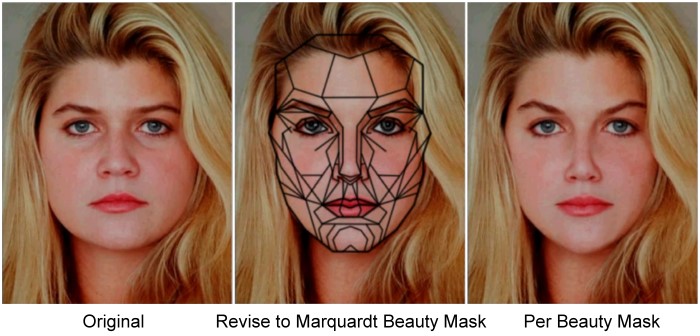For some strange reason, some scientists intensely dislike the idea of the universe having a discrete beginning point. I can’t imagine why….
The universe may have existed forever, according to a new model that applies quantum correction terms to complement Einstein’s theory of general relativity. The model may also account for dark matter and dark energy, resolving multiple problems at once.
The widely accepted age of the universe, as estimated by general relativity, is 13.8 billion years. In the beginning, everything in existence is thought to have occupied a single infinitely dense point, or singularity. Only after this point began to expand in a “Big Bang” did the universe officially begin.
Although the Big Bang singularity arises directly and unavoidably from the mathematics of general relativity, some scientists see it as problematic because the math can explain only what happened immediately after—not at or before—the singularity.
“The Big Bang singularity is the most serious problem of general relativity because the laws of physics appear to break down there,” Ahmed Farag Ali at Benha University and the Zewail City of Science and Technology, both in Egypt, told Phys.org.
Ali and coauthor Saurya Das at the University of Lethbridge in Alberta, Canada, have shown in a paper published in Physics Letters B that the Big Bang singularity can be resolved by their new model in which the universe has no beginning and no end.
The physicists emphasize that their quantum correction terms are not applied ad hoc in an attempt to specifically eliminate the Big Bang singularity.
Let’s see. The evidence suggests that “the law of physics appear to break down”. That would be non-natural, perhaps one might say, “supernatural”. So obviously, logic and evidence must be ruled out of bounds in favor of math that adds up correctly!
The mere fact that the physicists are “emphasizing” that they are not doing what they are observably doing tends to cast more than a little doubt on their theory. Perhaps the math will hold up, perhaps it won’t. But it won’t surprise me to see this turn out to be about as credible as historical South American temperature data revisions.
Using the quantum-corrected Raychaudhuri equation, Ali and
Das derived quantum-corrected Friedmann equations, which describe the
expansion and evolution of universe (including the Big Bang) within the
context of general relativity.
Corrected, revised… we sure seem to see scientists using those words a lot these days.

